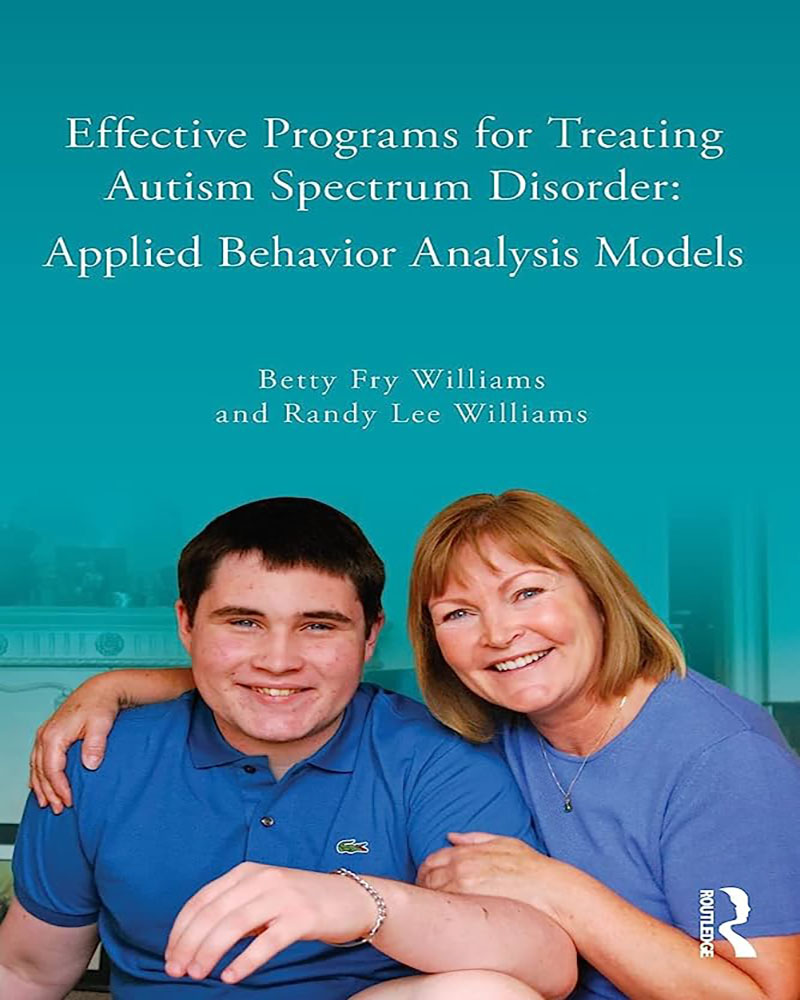Effective Programs for Treating Autism Spectrum Disorder is written for teachers, parents, and the many service providers who work with individuals with autism spectrum disorder (ASD). Part one reviews the characteristics of ASD, summarizes major theories and research findings regarding cause(s) of ASD, and discusses the most popular treatment claims, examining each approach’s scientific base and value. Part two provides an informative overview of applied behavior analysis, focusing on the principles of learning and basic procedures based upon those principles. These two parts provide a foundation for understanding the strategies implemented by the outstanding treatment programs described in Part three.
The eight models described in Part three represent comprehensive, evidence-based programs for the treatment of persons with ASD, from infancy through adulthood. Programs reviewed include the Lovaas Institute, Koegel Center, Strategic Teaching and Reinforcement Systems (STARS), Project DATA, New England Children’s Center, May Institute, Princeton Child Development Institute, and Judge Rotenberg Center. Strategies explained include intensive early behavioral intervention, Pivotal Response Training, verbal behavior, script fading, social stories, visual activity schedules, functional analysis, the Picture Exchange Communication System, and the Family-Teaching Model.




